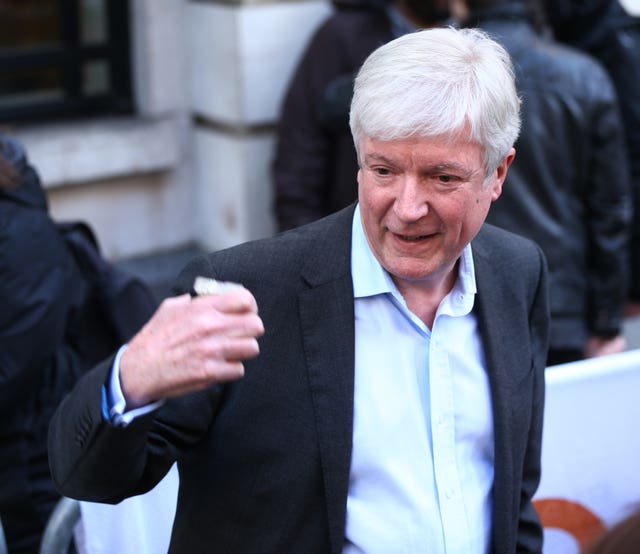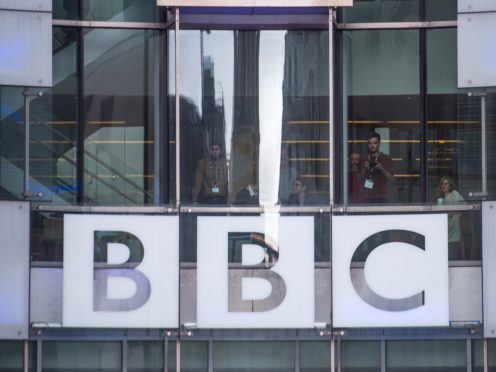The cost of the BBC licence fee is set to rise by £4 to £154.50.
The Government, which sets the level of the licence fee, announced in 2016 that it would increase in line with inflation for five years from April 1 2017.
This means the cost of the licence will go up from £150.50 to £154.50 from April 1, the BBC said.
The announcement comes as free TV licences for over-75s are being reviewed.
The broadcaster has launched a consultation on the issue but warned that the cost of continuing to provide free TV licences for over-75s would “fundamentally change the BBC”.
The corporation took over the cost from the Government as part of its charter renewal negotiations.
The Government-funded scheme, which provides free TV licences to older viewers, comes to an end in June 2020.

Age UK recently claimed that as many as 50,000 UK pensioners could be pushed below the poverty line if the free TV licence is scrapped.
The BBC said: “The new licence fee amount equates to just £2.97 a week or £12.87 a month, for which the BBC provides nine national TV channels plus regional programming, 10 national radio stations, 40 local radio stations plus dedicated Nations radio services, one of the UK’s most popular websites, the radio app BBC Sounds, and BBC iPlayer.”
It added: “Programmes last year included Strictly Come Dancing, Killing Eve, Bodyguard, Dr Who, Peter Kay’s Car Share, David Attenborough’s Dynasties, EastEnders, Match Of The Day, and coverage of Wimbledon and the World Cup.”
The BBC, which announced a new natural history series with Sir David Attenborough on Thursday night, has faced controversy over the use of personal service companies for its stars and the gender pay gap.
Since the furore over talent pay, Zoe Ball has taken over from Chris Evans, who had been one of the BBC’s biggest earners, on Radio 2’s Breakfast Show, while Fiona Bruce landed the role of Question Time host.
TV Licensing defended plans to spend at least £1.7 million of BBC licence fee-payers’ money on external PR agencies to promote the annual charge.
